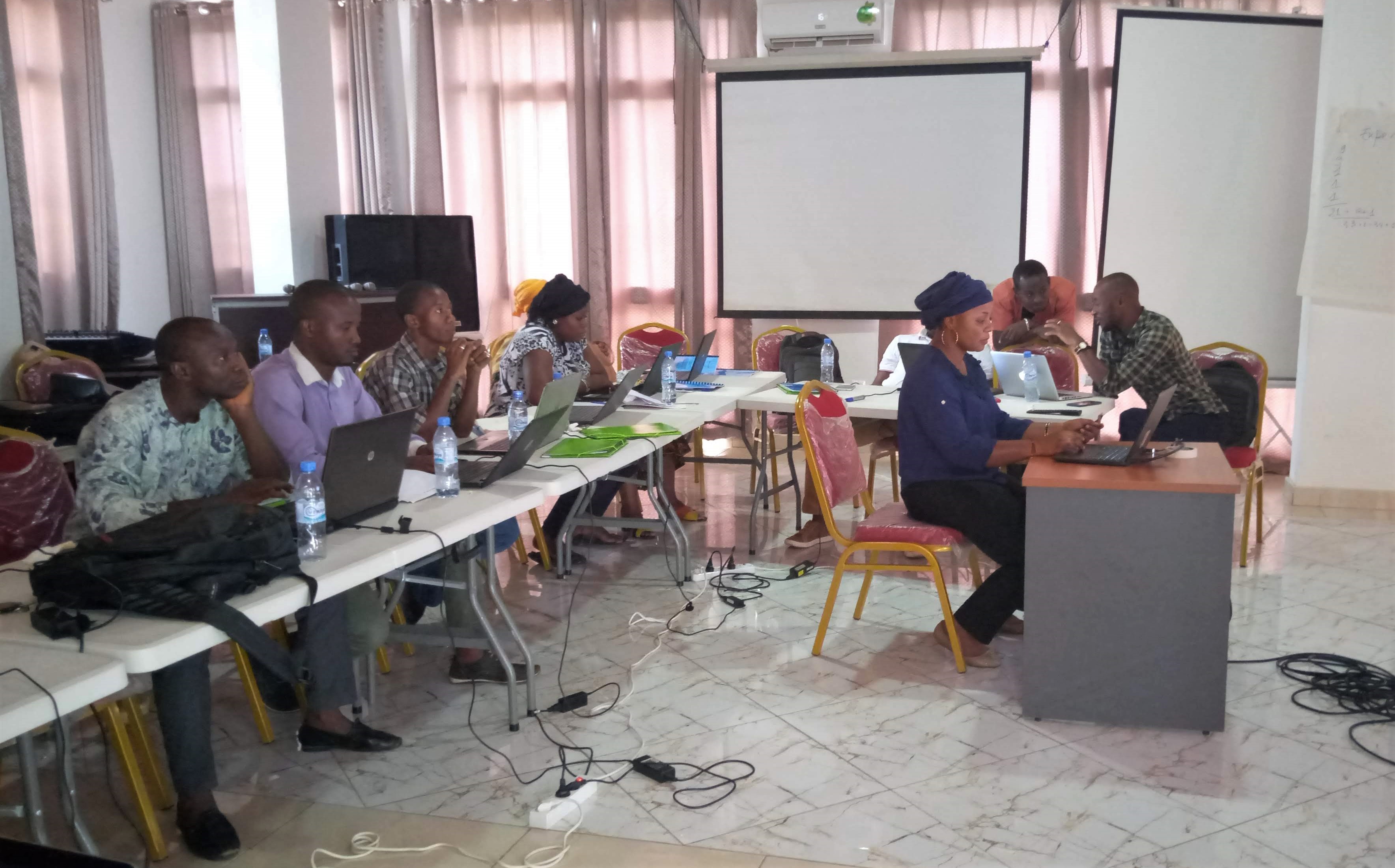In February 2020, following Windev’s discontinuation and all supply chain managers accessing the same data at the same time, the NMCP took advantage of the new eLMIS for a national quantification exercise of anti-malarial commodities needed in Guinea for 2021-2022. For the first time, one system provided the MOH and NMCP visibility into service and commodity information from all public and private health facilities, which informed decisions regarding commodity quantities, procurement gaps, needs and timing for funding, delivery schedules, and coordination procedures.
Recognizing the ease of the transition and initial success of the eLMIS, Dr. Nagnouma Sagno, National Coordinator of the MOH’s Logistics Management Unit expressed her appreciation for the integrated system and the training, which “provided opportunities for health professionals to explore logistic management reports and helped eLMIS users at all levels to manage stock of malaria products, review trends in consumption on a product-by-product basis, prepare forecasting and procurement plans for each product, identify facilities with potential inventory management problems, and plan deliveries to facilities.”
